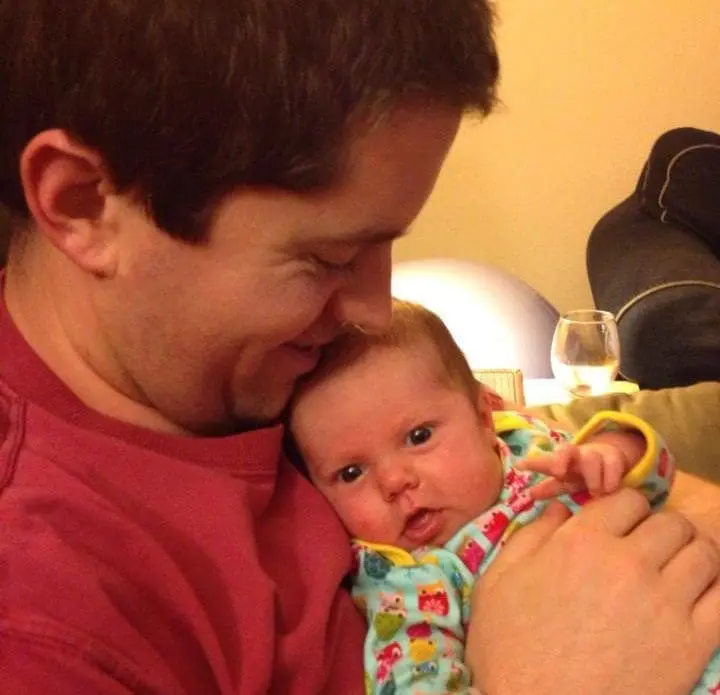Extreme Heat: Keeping Kids Safe When Temperatures Soar
By: Dele Davies, MD, MS, MHCM, FAAP
Usually, playing and exercising outside boosts a child’s physical and mental health in many ways. However, a heat index at or above 90°F, as identified by the National Weather Service, poses a significant health risk.
High temperatures and extreme heat can cause children to become sick very quickly in several ways. It can cause dehydration, heat exhaustion, heat cramps and heat stroke, which is a medical emergency. High heat can also contribute to irritability both for children and their caregivers. Extreme heat can cause emotional distress.
To protect your child from the heat as much as possible, watch for symptoms, and call your pediatrician if you see any develop.
Playing it cool in extreme heat
When it’s very hot, going to the swimming pool or beach for a short time or staying inside to work on crafts, reading or playing board games makes the most sense. Plan ahead if you know there will be several days of high heat in a row. Try to think of creative ways to have kids switch up their activities and avoid “cabin fever” or restless, irritable feelings. To them stay active, suggest some easy yoga stretches or playing indoor hide-and-seek or making up fun physical challenges that aren’t too strenuous.
If your home does not have air conditioning, find a nearby building that does. Libraries and shopping malls can be great places for a cool retreat from the heat. If you live in a place where there are frequent power outages or your air conditioning is not consistently working, identify a safe place for your family to go during times when the temperatures are very high. Many towns and cities offer cooling centers in gyms or other large buildings for those who need relief from the heat.
What about fans?
While at home, close your window blinds and curtains. Lower floors tend to be cooler. Fans may be helpful in cooling down if you have no access to any air conditioning.
If you do use a fan, keep it at a safe distance from you and your children to avoid safety hazards (such as pinched fingers or fans connecting with water). Fans that blow directly on you can dry out your mouth and nostrils, or if you suffer from allergies, fans may circulate allergens that cause your nose to run and your eyes to itch. Fans should not be used in extreme heat (high 90s and up) because they don’t cool the air; using fans when temperatures are higher than body temperature may cause the body to gain instead of lose heat.
Tips to beat the heat
If you are going to be outside, there are several steps you can take to beat the heat and protect your child from heat-related illness and hazards:
- Stay hydrated: Encourage your children to drink water frequently and have it readily available—even before they ask for it. Take water bottles with you if you go out. On hot days, infants receiving breast milk in a bottle can be given additional breast milk in a bottle, but they should not be given water, especially in the first 6 months of life. Infants receiving formula can be given additional formula in a bottle.
- Dress lightly: Light colored clothing can help kids stay cool and prevent heat stress from excessive heat absorption; darker colored clothing typically provides slightly better protection against sun damage to skin. Regardless of the color, try to choose loose fitting clothing—ideally that offers both adequate ventilation and protection against direct sun exposure. Clothing made with just one layer of absorbent material can help maximize the evaporation of sweat, which has a cooling effect (kids have lower sweat rates adults). Be sure to use plenty of sunscreen.
- Plan for extra rest time: Heat can often make children (and their parents) feel tired. High heat can not only cause people to feel tired, but it may also contribute to irritability. Come inside regularly to cool off, rest, and drink water.
- Keep your cool: When your child is feeling hot, give them a cool bath or water mist to cool down. Swimming is another great way to cool off while staying active. Remember that children should always be supervised while swimming or playing in water to prevent drowning.
- Never leave your child in a car: The inside of a car can become dangerously hot in just a short amount of time, even with the windows open.
Call your pediatrician immediately if your child develops any of the following symptoms:
- Feeling faint
- Extreme tiredness (eg, unusually sleepy, drowsy, or hard to arouse)
- Headache
- Fever
- Intense thirst
- Not urinating for many hours
- Nausea
- Vomiting
- Breathing faster or deeper than normal
- Skin numbness or tingling
- Muscle aches
- Muscle spasms
Remember
Don’t hesitate to call your child’s pediatrician for guidance on how to protect your child during extreme heat.
More information
- Choose Water for Healthy Hydration
- Prevent Child Deaths in Hot Cars
- Heat Exposure and Reactions
- Talking with Children About Climate Change
- Sun Safety: Information for Parents About Sunburn & Sunscreen
- Heat and Infants and Children (CDC.gov)
- Excessive Heat Watch v. Warning (Weather.gov)
About Dr. Davies: Dele Davies, MD, MS, MHCM, FAAP, is a member of the American Academy of Pediatrics Council on Children and Disasters Executive Committee. Dr. Davies is the senior vice chancellor for academic affairs and dean for graduate studies at the University of Nebraska Medical Center (UNMC). He also serves on the National Biodefense Science Board for the Secretary of the U.S. Department of Health and Human Services and the Assistant Secretary for Preparedness and Response and cochairs its Readiness and Resilience Working Group. He previously served as a member of the Board of Scientific Counselors for the National Centers for Infectious Diseases of the Centers for Disease Control and Prevention and on the AAP’s “Red Book” Committee on Infectious Diseases. Davies received his MD, as well as a master’s degree in Community Health, from the University of Toronto in Canada In addition, he holds a degree in health care management from the Harvard School of Public Health.
Last Updated: 9/2/2022
Source: American Academy of Pediatrics Councl on Children and Disasters, (Copyright © 2021)
The information contained on this Web site should not be used as a substitute for the medical care and advice of your pediatrician. There may be variations in treatment that your pediatrician may recommend based on individual facts and circumstances.





